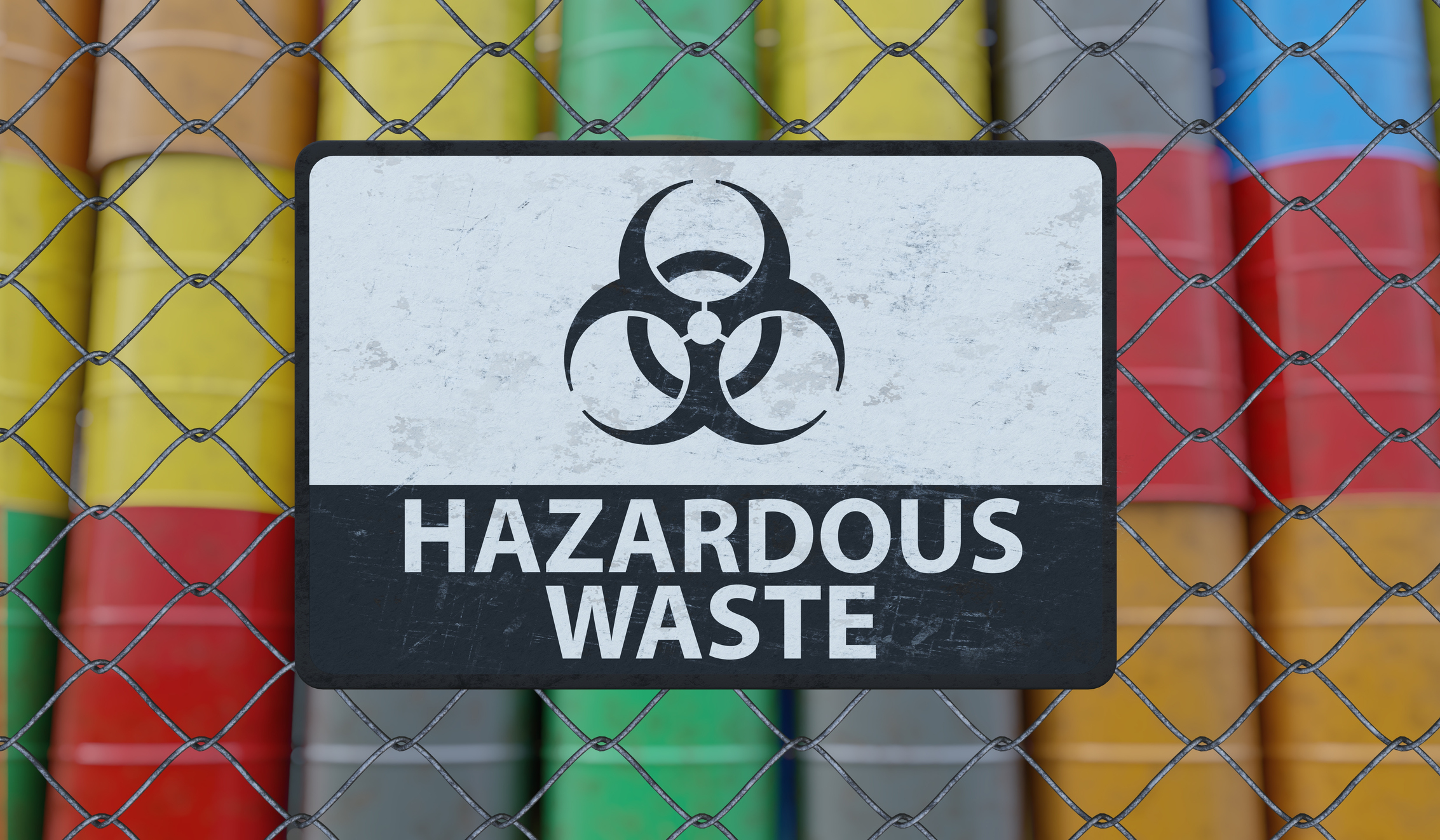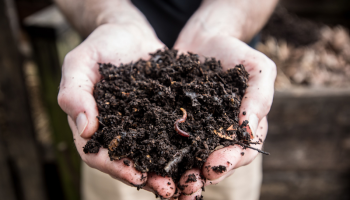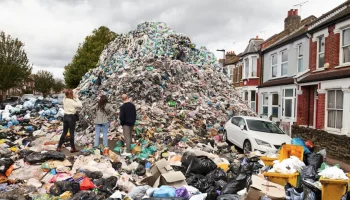There Are Three Distinct Ways To Deal With Hazardous Waste
Recycling, repurposing, and safe disposal are all included. These hazardous disposals help prevent accidental contamination while reducing the need for raw materials as well as the energy needed to produce new products.
Oils, paints, cleaning agents, antifreeze, and pesticides, among other household hazardous wastes, should never be thrown away or poured down the sink. Residents should not dispose of these items, or any others that may contain mercury or even other heavy metals, in their regular trash.
Reduction
A sound strategy for dealing with hazardous waste must begin with reducing the amount of hazardous materials that are being used. There are numerous non-toxic and non-hazardous substitutes for hazardous products. For example, paints that don’t contain organic compounds that aren’t dangerous or difficult to dispose of may be safer and more environmentally friendly.
It’s common for people to buy hazardous materials for one-time use, which often results in appropriate containers of dangerous substances under their kitchen sink or in their garage. You may want to consider sharing these products with a coworker or neighbour, or thoroughly consider their requirement before purchasing.
Recycling
Hazardous waste products can be accepted by private recycling centres. Hazardous wastes like metals and solvents, which can be extracted and recycled, are organised by these companies. Paints, solvents, pesticide residues, and cleaning products that are no longer needed can be exchanged for household hazardous waste in some municipalities. Rather than disposing of these materials, drop-off locations and irregular road side pickup programmes collect and store them for later use. Find out what products your local sanitary department accepts by calling them.
Find out if the refuse you give your local sanitary department is recycled. Hazardous waste can be recycled at some local businesses as well. If you don’t use rechargeable batteries, you can drop them off at local home improvement stores. Old battery packs and used oil are accepted by a number of auto repair shops.
Additionally, some companies make buy-back programmes in which they handle the recycling of one‘s old products themselves. Appliances and e-waste are typically the focus of these programmes, but a wide range of other products can also be accepted. There are some companies that use disposable light bulbs as an example of this practise. If you have no luck at your local recycling centres, you should always try contacting the manufacturer for assistance.

Disposal
If you’re unsure about how to properly dispose of a product, check with your local government to make sure you’re following all applicable federal and state regulations. There are numerous products on the market that have the potential to cause harm to those who handle them, so be sure to check product information for safe disposal instructions. Dangers to the human health and the environment can exist even in containers that are nearly empty but still contain traces of chemicals.
What Is The Importance Of Proper Disposal?
It is especially damaging to the water supply when toxic material is flushed down the drain or flushed down the toilet or flushed into the trash. It is true that the water you as well as your family drink, take a bath in, and also use for restoration are all the same liquid. Because they don’t degrade during the treatment process, many hazardous materials can pass though the wastewater treatment facilities unharmed. Harmful chemicals then are dumped into the rivers and streams. “
Improperly disposed household hazardous waste poses health and safety risks as well. Toxic gases can be released when multiple products are flushed down the toilet at the same time. Sanitation workers may be exposed to hazardous waste if they dispose of it in the trash. Contaminants that leak from a trash trolley or truck and get tracked into your house can harm everyone in the house, including your pets.
While it’s impossible to avoid using domestic hazardous materials, proper disposal can minimise their environmental impact and protect our health and safety.




